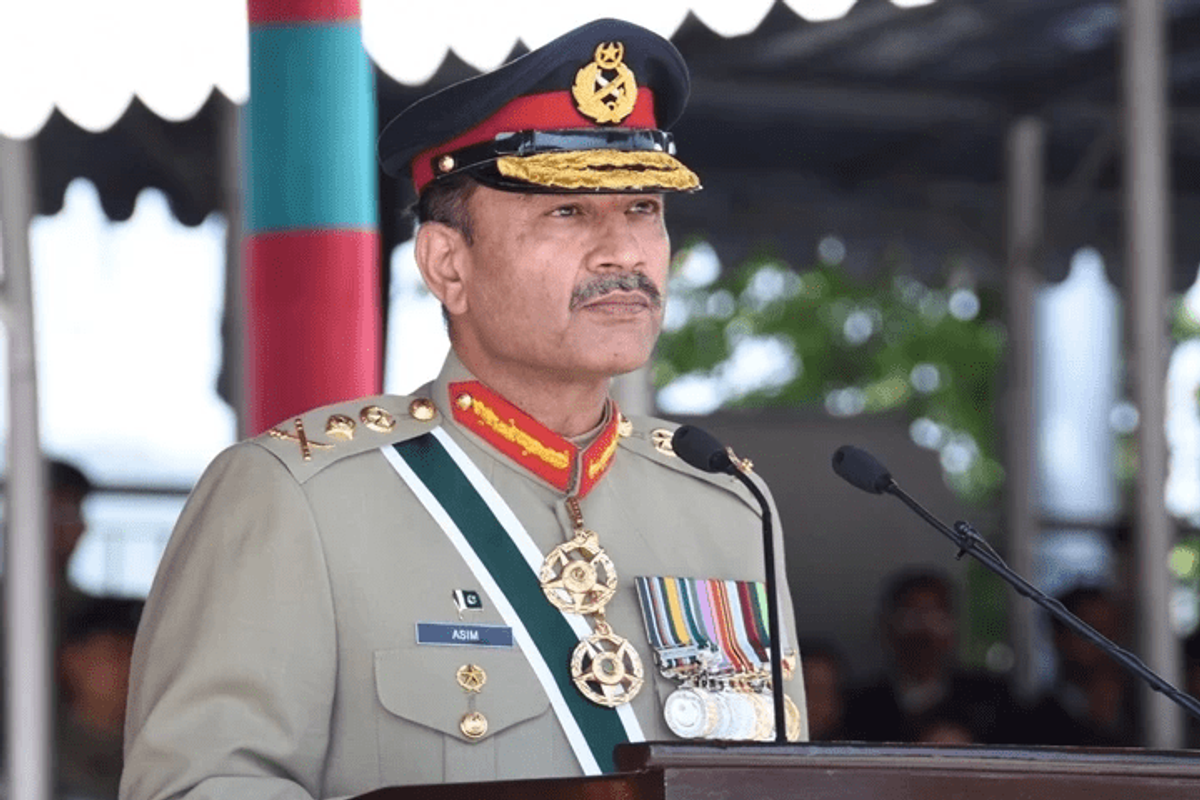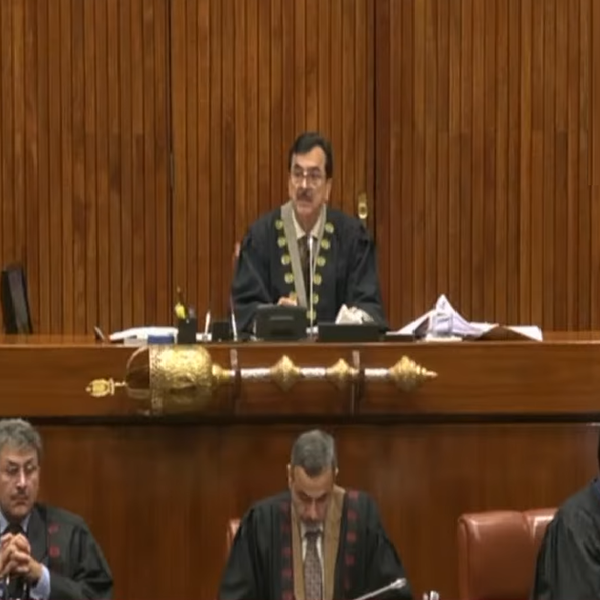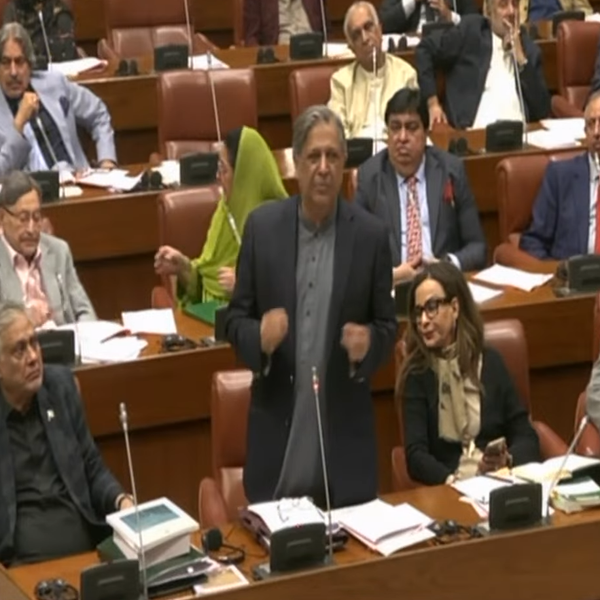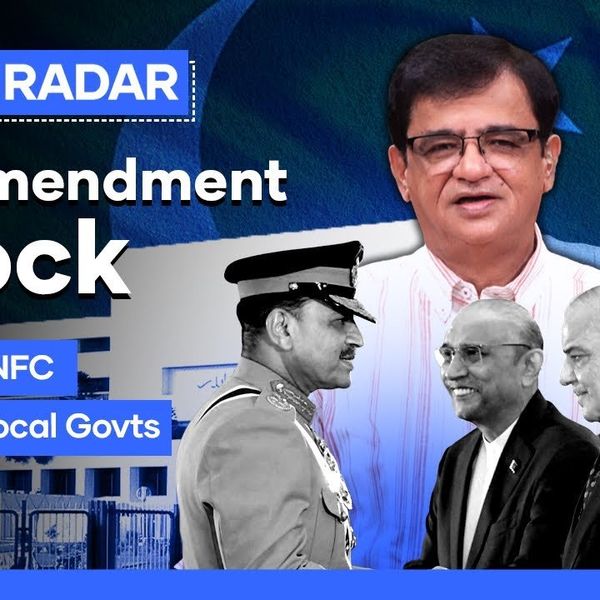Pakistan’s army chief on path to hold position potentially until 2032
General Asim Munir, whose current term is set to expire in November 2027, could now be reappointed for an additional five years

Kamran Khan
Kamran Khan has been working as a leading investigative journalist in Pakistan for over four decades. During this time, Mr. Khan has penned thousands of groundbreaking stories that were published not only in leading Pakistani newspapers, but also in global media giants like The Washington Post and The Sunday Times. Mr. Khan is also one of the most iconic faces of Pakistani television, and has hosted thousands of primetime shows, and has conducted numerous interviews with Pakistani and international leaders, including presidents and prime ministers. A recipient of the National Press Club of Washington’s Press Freedom Award – one of the most prestigious awards for any journalist across the world – Mr. Khan has now embarked on a new journey as Founder & CEO of Nukta, a digital content platform covering stories that matter.

Pakistan's Chief of Army Staff (COAS) Gen Asim Munir.
Courtesy: ISPR
Development comes after Parliament approves crucial amendment to Army Act
Grants PM authority to extend or reappoint the army chief without traditional constraints on age or service duration
In a move that will shape the future of Pakistan’s military leadership for almost the next decade, the recently passed legislative amendments have paved the way for General Asim Munir to continue as Chief of Army Staff (COAS) until November 2032.
The development comes after Pakistan’s Parliament approved a crucial amendment to the Army Act, granting the Prime Minister the authority to extend or reappoint the army chief without the traditional constraints on age or service duration.
The amendment, specifically to Clause 8C of the Pakistan Army Act, removes all the legal, administrative, and technical barriers that previously limited the tenure of the COAS.
General Munir, whose current term is set to expire in November 2027, could now be reappointed for an additional five years if Prime Minister Shehbaz Sharif desires so. This change aims to foster continuity, consistency, and predictability in the military leadership and policy-level decision-making at a critical juncture for Pakistan.
The reform signals a shift towards enhanced flexibility for Pakistan’s top military post, allowing the COAS to retain the rank and responsibilities of a General throughout any reappointment or extension.
Proponents of the move argue that the option of an extended tenure provides an avenue for steadying the nation’s defense policy in a region marked by volatility, while critics suggest it may concentrate power in the military leadership.
As General Munir’s current tenure continues, the new law grants Pakistan’s government significant discretion in determining the nation’s military future, with potential long-term implications for both domestic and regional stability.










Comments
See what people are discussing